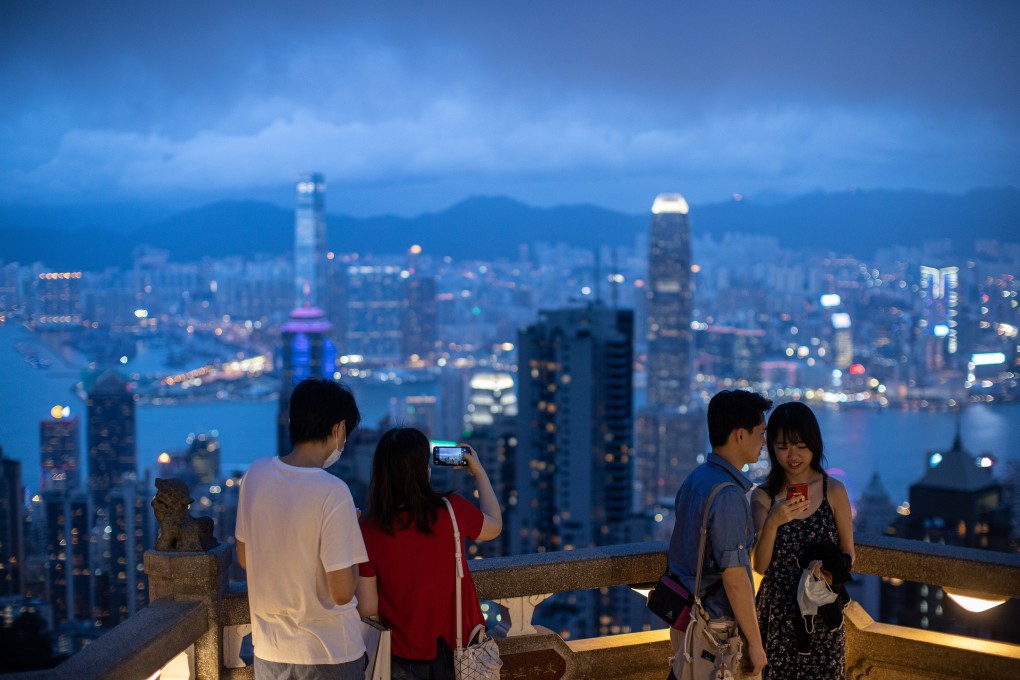National security law: human rights NGOs dreading impact of legislation in Hong Kong slammed for fearmongering
- Foreign groups worry they will be scrutinised, targeted over activities, operations, funding
- NGOs’ fears unjustified when details of new law are not yet known, say pro-establishment lawmakers

Some fear their activities and funding will be scrutinised and targeted by mainland authorities to such an extent they might have to leave the city.
But Hong Kong officials and pro-establishment lawmakers have dismissed these worries as unjustified fearmongering.
The law aims to outlaw secession, subversion of state power and terrorism as well as “collusion with foreign and external forces” to threaten national security, which Beijing added last week to the list of crimes.

02:06
Taiwan announces humanitarian aid plan for people fleeing Hong Kong
Hong Kong would be required to carry out most of the enforcement under the new law, but Beijing will be able to overrule local authorities in some cases. Lam will also have the power to appoint specific judges to hear national security cases. The Xinhua statement also said human rights and freedom of speech and assembly would be protected.